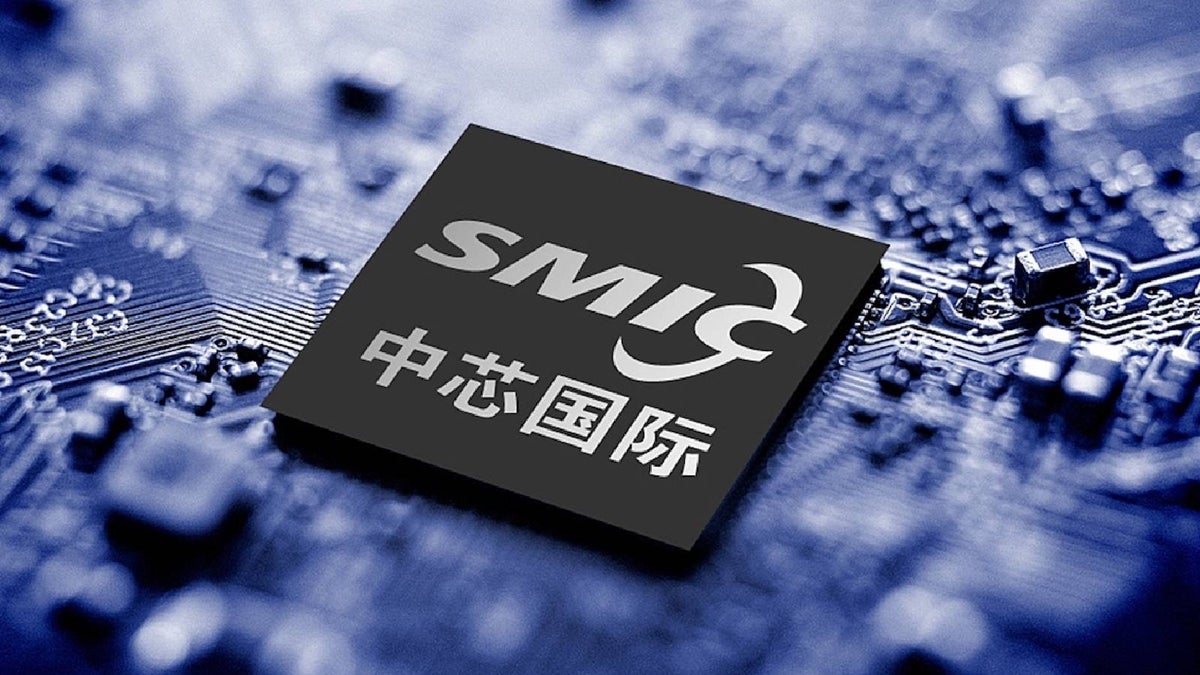

The nation is ramping up purchases of international chipmaking tools and exploring alternatives for hiring abroad expertise, whereas concurrently forging new alliances, Reuters studies. The semiconductor sector in China had already been hit arduous throughout Trump’s first time period, when US sanctions focused main corporations like Huawei, ZTE, and chipmaker SMIC, slicing off their entry to important US-made {hardware} and software program.
Underneath the Biden administration, these measures advanced into even broader export controls aimed toward limiting China’s entry to probably the most superior chips throughout all the business. As if that would cease know-how evolution, however anyway.
Now, with Trump doubtlessly returning to the presidency, Chinese language semiconductor corporations are making ready for one more spherical of intensified restrictions.
Business insiders and analysts have been vocal in regards to the methods Chinese language corporations would possibly undertake. Many have pointed to a renewed deal with self-sufficiency and a push to deepen ties with international locations and firms that will really feel marginalized by US insurance policies. “Self-sufficiency” may very nicely imply that we’re about to fulfill some attention-grabbing Huawei telephones within the close to future! Not unhealthy, not unhealthy in any respect.
Because the report reads, Zhu Jing, an official with the Beijing Semiconductor Business Affiliation, has urged native corporations to increase their abroad enterprise footprint. He believes there might be a gap to renew imports of sure chip parts if the US, Japan, and Europe fail to coordinate successfully on sanctions enforcement below a brand new Trump administration.
This renewed urgency has manifested in a surge of imports for semiconductor tools. Within the first 9 months of this yr alone, China’s imports of chipmaking equipment jumped by over a 3rd, amounting to $24.12 billion. A good portion of this expenditure was on lithography machines, essential for producing superior chips.
The Netherlands’ ASML Holding stays a key provider, regardless of the corporate’s halt on its most subtle excessive ultraviolet (EUV) lithography machines resulting from earlier US export bans. Even so, older deep ultraviolet (DUV) fashions have continued to see robust demand, signaling that Chinese language tech corporations are stockpiling tools to buffer in opposition to potential future restrictions.
Along with ramping up tools purchases, Chinese language corporations are additionally bolstering their manufacturing capacities. In response to business sources, corporations have been growing their manufacturing output as a hedge in opposition to political uncertainties.
This transfer in direction of self-reliance and diversification may have a long-lasting affect on the smartphone business, doubtlessly resulting in new improvements in chip design and various provide chain methods. For smartphone lovers, these developments are notably vital, as the provision, efficiency, and options of future units are carefully tied to the evolution of semiconductor know-how.
The present wave of investments and strategic realignments in China’s chip business could nicely form the following technology of cell units, driving the sector in direction of sudden developments.